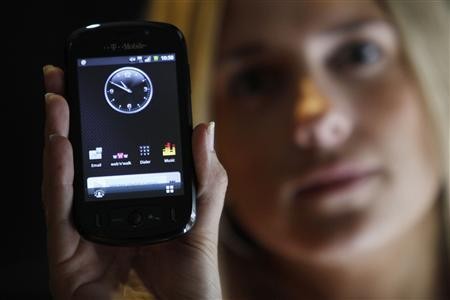Google announced on its 2014 Android Security State of the Union that it is scanning Android phones using its Verify Apps feature for Potentially Harmful Applications (PHA).
Android devices that run on Android 4.2 and later versions have the Verify Apps function to provide security services against PHA.
Google said that any application that has the potential to harm the device, the user and even the data can be considered as a PHA.
Before downloading an app from the Google Play store, the security measure scans the app first, according to Slash Gear.
"Google Play analyzes millions of data points, asset nodes, and relationship graphs to build a high-precision security-detection system," the tech giant said on its Android security report in 2014.
There are 14 different categories Google uses to classify PHAs as of November 2014, including Backdoor, Trojan, Ransomware, Phishing and even Rooting among others.
In addition, the tech giant said that Android devices are scanned approximately once in a week if the user turns on the Verify Apps feature.
The feature also collects data that is needed to improve each individual Android device's security, but Google said that they do not, in any way, access the user's personal information or even the location.
Moreover, a 44-page report from the search engine giant indicates that they were able to cut more than 50 percent of harmful app installs globally in 2014.
Google now estimates that only about one percent of Android users have devices that installed harmful apps, and Google Play installs reduced the number down to .15 percent, according to The Verge.
"I kind of apologize for the fact that it's 40-some pages, but hopefully next year it will be 150 pages and we'll get even more data," said Adrian Ludwig, Android security lead engineer.



























